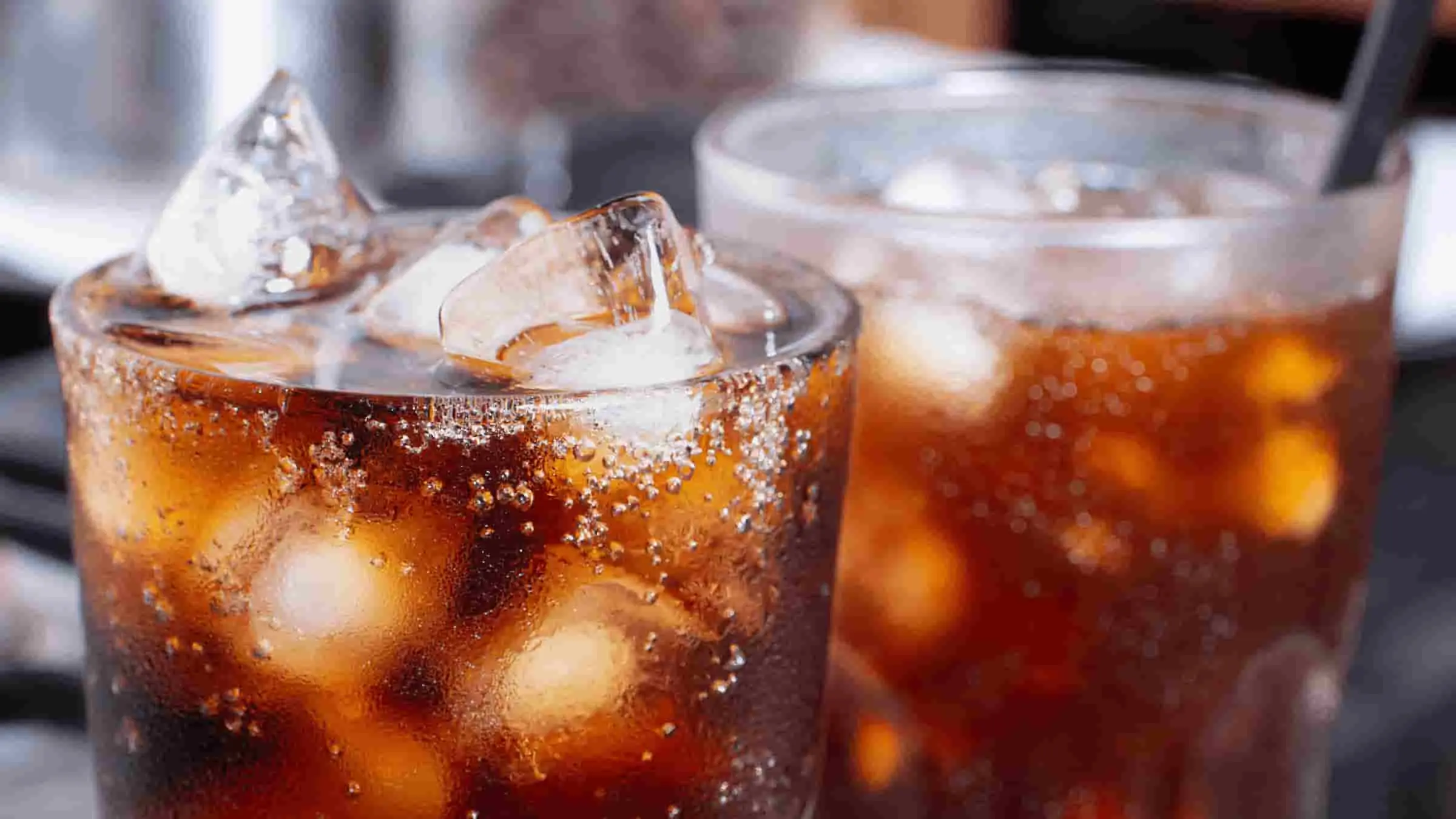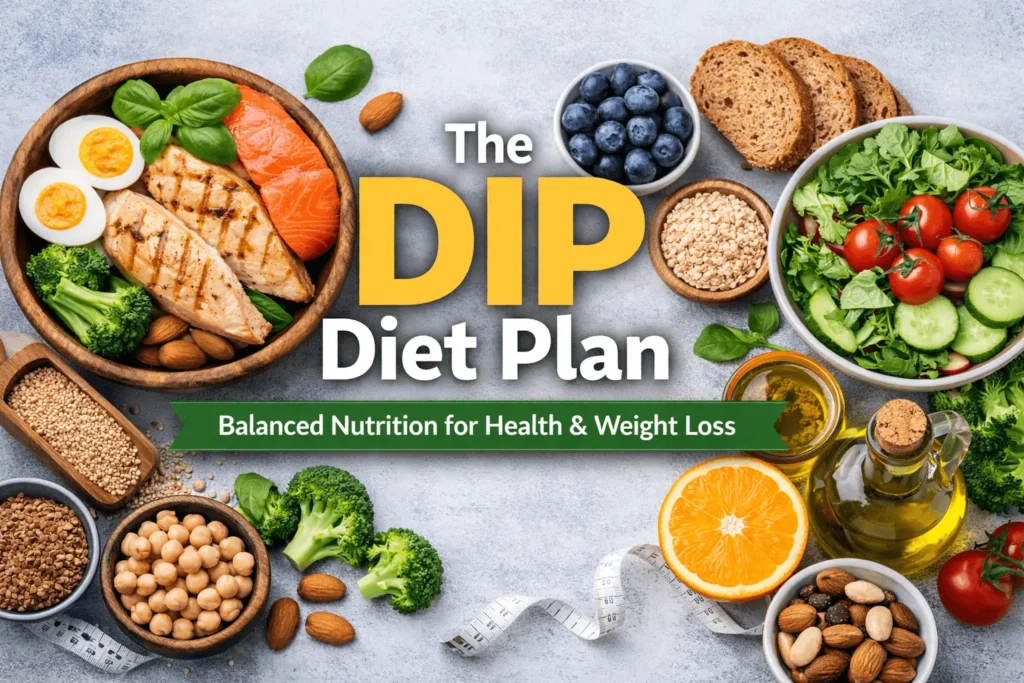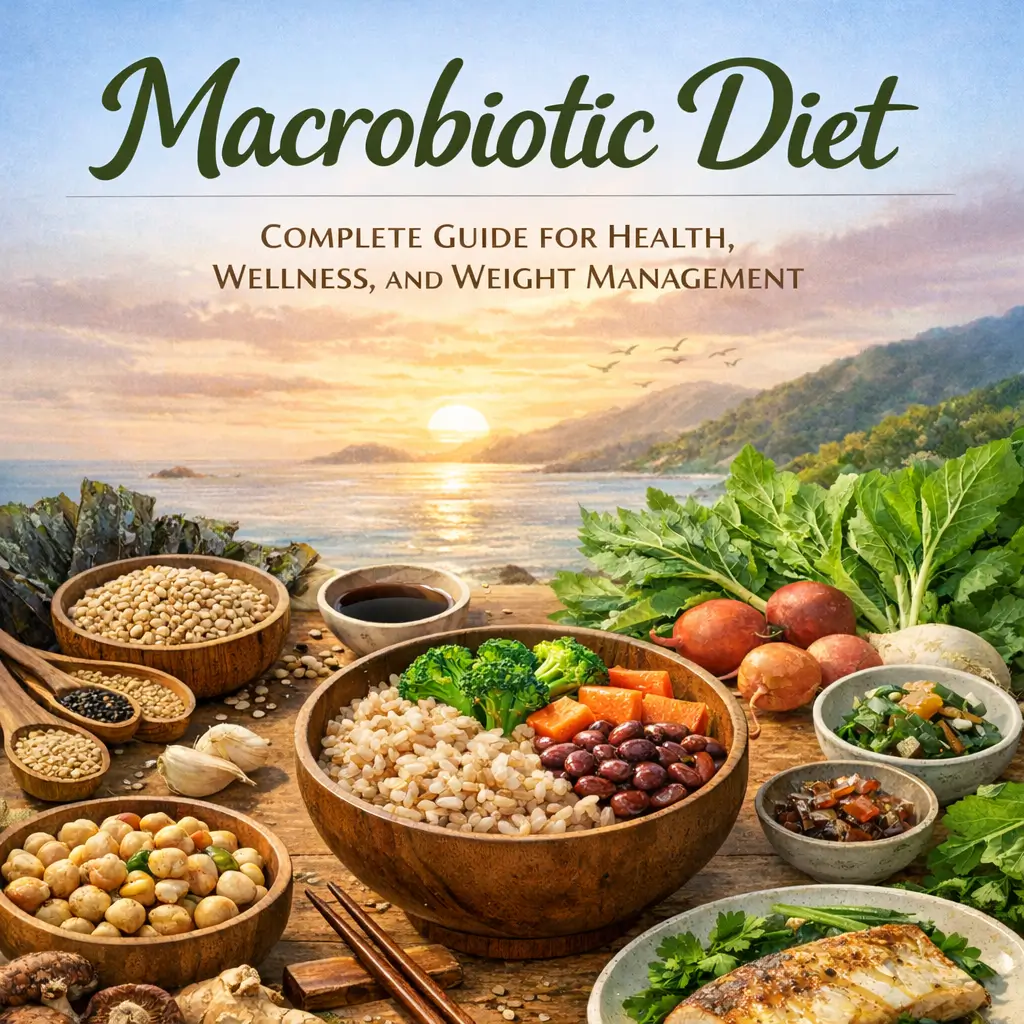1. Introduction: What is Diet Soda?
Diet soda is a sugar-free, low-calorie soft drink that uses artificial or natural sweeteners in place of sugar. It’s popular among people who want to enjoy fizzy drinks without the calories found in regular soda.
Unlike traditional sugary sodas that are high in calories and contribute to weight gain, diet soda offers a seemingly healthier alternative. But is it truly better for you? That’s what we’ll explore in this comprehensive guide.
2. Diet Soda vs Regular Soda: Key Differences
Let’s compare diet soda vs regular soda to understand what sets them apart:
| Feature | Diet Soda | Regular Soda |
|---|---|---|
| Sweetener | Artificial (aspartame, sucralose, stevia) | Sugar or high-fructose corn syrup |
| Calories | 0–10 per can | 140–150 per can |
| Carbs | 0g | ~39g |
| Effect on Blood Sugar | Low/None | High |
| Taste | Varies by brand and sweetener | Often more sugary |
In terms of weight management and diabetes control, diet soda has the advantage. However, concerns about artificial sweeteners and metabolic health still exist.
3. Common Diet Soda Flavors and Ingredients
Diet soda flavors have expanded far beyond the classic cola. Today’s market includes:
-
Diet Cola
-
Diet Lemon-Lime (e.g., Diet Sprite, Diet 7Up)
-
Diet Root Beer
-
Diet Orange Soda
-
Diet Cherry or Diet Vanilla
-
Zero Sugar Energy Drinks (technically diet sodas)
Common ingredients in diet sodas:
-
Carbonated water
-
Artificial sweeteners (e.g., aspartame, acesulfame potassium, sucralose)
-
Phosphoric acid
-
Natural flavors
-
Caffeine (in most colas)
-
Preservatives (sodium benzoate)
4. Popular Diet Soda Brands in the Market
Here are some of the most well-known diet soda brands globally:
-
Diet Coke – The most iconic brand.
-
Coke Zero Sugar – A newer, bolder alternative to Diet Coke.
-
Pepsi Zero Sugar (formerly Diet Pepsi Max) – Popular among younger consumers.
-
Diet Pepsi – A longtime rival to Diet Coke.
-
Dr Pepper Zero Sugar – For fans of the unique cherry-cola flavor.
-
Zevia – A stevia-sweetened soda with no artificial ingredients.
-
Diet A&W Root Beer – Caffeine-free with a creamy flavor.
-
Diet Mountain Dew – A citrus-based energy alternative.
Each brand has unique flavor profiles and uses different combinations of sweeteners.
5. Diet Soda Recipe: How to Make a Healthy Homemade Version
If you’re concerned about artificial additives, try a diet soda recipe at home:
Homemade Diet Soda Recipe:
Ingredients:
-
Sparkling water or soda water (1 cup)
-
Stevia or monk fruit sweetener (to taste)
-
Natural flavoring: lemon juice, vanilla extract, or cherry essence
-
Ice cubes
Instructions:
-
Fill a glass with ice cubes.
-
Add sweetener and natural flavors.
-
Pour sparkling water over the mix and stir.
-
Taste and adjust sweetness or flavor.
This gives you control over the ingredients without the downsides of mass-produced sodas.
6. Is Diet Coke Bad for You? Science-Backed Insights
The question “Is Diet Coke bad for you?” is hotly debated. Here’s what research says:
Potential Concerns:
-
Artificial sweeteners like aspartame have been studied for links to headaches, gut microbiome changes, and insulin resistance.
-
Long-term high intake may increase the risk of metabolic syndrome.
-
Some studies suggest a potential link to increased appetite and cravings for sweets.
On the Other Hand:
-
The FDA and EFSA have approved aspartame, sucralose, and other sweeteners as safe for human consumption.
-
No direct link to cancer has been proven in humans at typical consumption levels.
So, is Diet Coke bad for you? In moderation, most evidence suggests it is not harmful for healthy individuals.
7. Health Benefits and Risks of Diet Soda
Benefits:
-
Zero calories: Helpful for weight management
-
No sugar: Good for diabetics
-
Satisfies cravings for sweet, fizzy drinks
-
Doesn’t raise blood glucose levels
Risks:
-
Possible increased hunger and cravings
-
Potential gut microbiome disruption
-
Bone health concerns from phosphoric acid
-
Not a substitute for water or whole-food-based hydration
It’s essential to balance diet soda within an overall healthy lifestyle.
8. If I Stop Drinking Diet Soda, Will I Lose Belly Fat?
A common question is: “If I stop drinking diet soda, will I lose belly fat?”
The Answer: Maybe — but not guaranteed.
Here’s why:
-
If diet soda leads you to overeat or crave sugar, quitting might help.
-
If it’s replacing calorie-dense sugary drinks, then removing it may not make a big difference.
-
For some, removing all artificial sweeteners leads to reduced cravings and lower insulin spikes.
However, belly fat is best reduced through a calorie deficit, strength training, and healthy eating — not just quitting diet soda.
9. Who Should Avoid Diet Soda?
While many people can safely enjoy diet soda, some individuals may benefit from avoiding it:
-
People with phenylketonuria (PKU) – cannot consume aspartame
-
Those with sensitive gut microbiomes
-
People trying to eliminate ultra-processed foods
-
Individuals experiencing headaches or migraines triggered by sweeteners
-
Children and teens – due to developing taste preferences
Always consult a nutritionist or doctor if you experience side effects.
10. The Role of Diet Soda in a Weight Loss Plan
Can diet soda help with weight loss? Yes — when used strategically.
Here’s how it can support weight loss:
-
Replaces sugary beverages with zero-calorie options
-
Curbs cravings without added sugar
-
Can be used as a treat during restrictive diets
However, beware:
-
It’s not a magic bullet
-
May lead to a false sense of healthiness (“I had a Diet Coke, now I can eat cake” effect)
-
Some studies link it to compensatory overeating
Best practice: Use it as a tool, not a crutch.
Read more: Plant-Based Diet: A Complete Guide to Benefits, Foods & Weight Loss
11. Frequently Asked Questions
Q: Is Diet Soda safe every day?
A: In moderation, yes. 1–2 cans per day are generally considered safe for most adults.
Q: Can diet soda cause bloating?
A: Yes, due to carbonation and artificial sweeteners.
Q: Do zero-calorie soft drinks break a fast
A: Technically no, as it contains no calories. But it may affect insulin in sensitive individuals.
Q: Can I drink diet soda while on keto or low-carb diets?
A: Yes. Most diet sodas are keto-friendly as they contain zero carbs.
12: Conclusion: Finding the Right Balance for a Healthier Lifestyle
In today’s world where health-conscious choices are gaining momentum, many people turn to low-calorie soft drinks as a way to enjoy the taste of soda without the guilt. These sugar-free beverages often promise a refreshing experience without the extra calories, making them appealing for those aiming to lose weight, manage blood sugar levels, or simply reduce their sugar intake.
But choosing such drinks is more complex than it seems.
On one hand, they offer undeniable benefits: zero to minimal calories, no added sugar, and a familiar taste that can help curb cravings. For individuals following specific diets like keto or low-carb plans, these options can help stay within strict daily targets. They can also be useful in social settings or during dietary transitions when giving up traditional sodas feels overwhelming.
On the other hand, concerns remain regarding their long-term impact. Artificial sweeteners — though approved by regulatory bodies — still raise questions about potential effects on metabolism, gut health, and appetite regulation. Some people report experiencing increased hunger, bloating, or even stronger cravings for sweets after regular consumption. Others may find that relying too heavily on such drinks delays healthier habits like drinking more water or choosing whole, natural foods.
It’s important to remember that while these alternatives may fit into a calorie-controlled diet, they are not substitutes for true nourishment. A sustainable health journey is not about shortcuts or quick fixes, but about creating habits that support physical and mental well-being over time. Hydration from water, herbal teas, and fresh-infused drinks should still take priority in any nutrition plan.
Ultimately, moderation is the key. Including Diet Soda occasionally in your lifestyle isn’t harmful for most people, especially when paired with mindful eating and exercise. But if you find yourself reaching for it out of habit or emotional need, it might be time to reassess your choices and explore healthier ways to satisfy your cravings.
The healthiest approach is one that’s balanced, intentional, and rooted in real food. Let fizzy drinks be a supporting role — not the main character — in your journey to better health.






